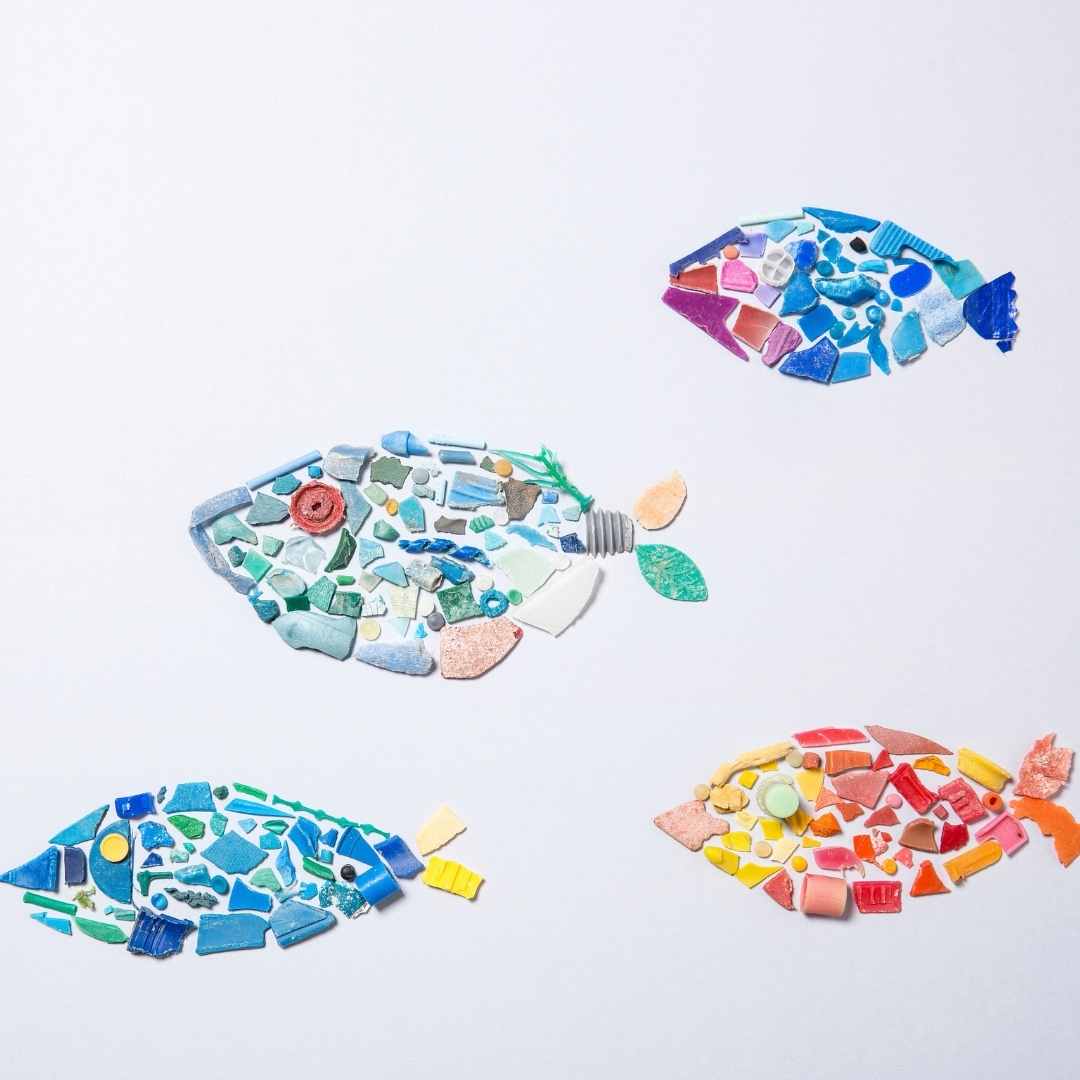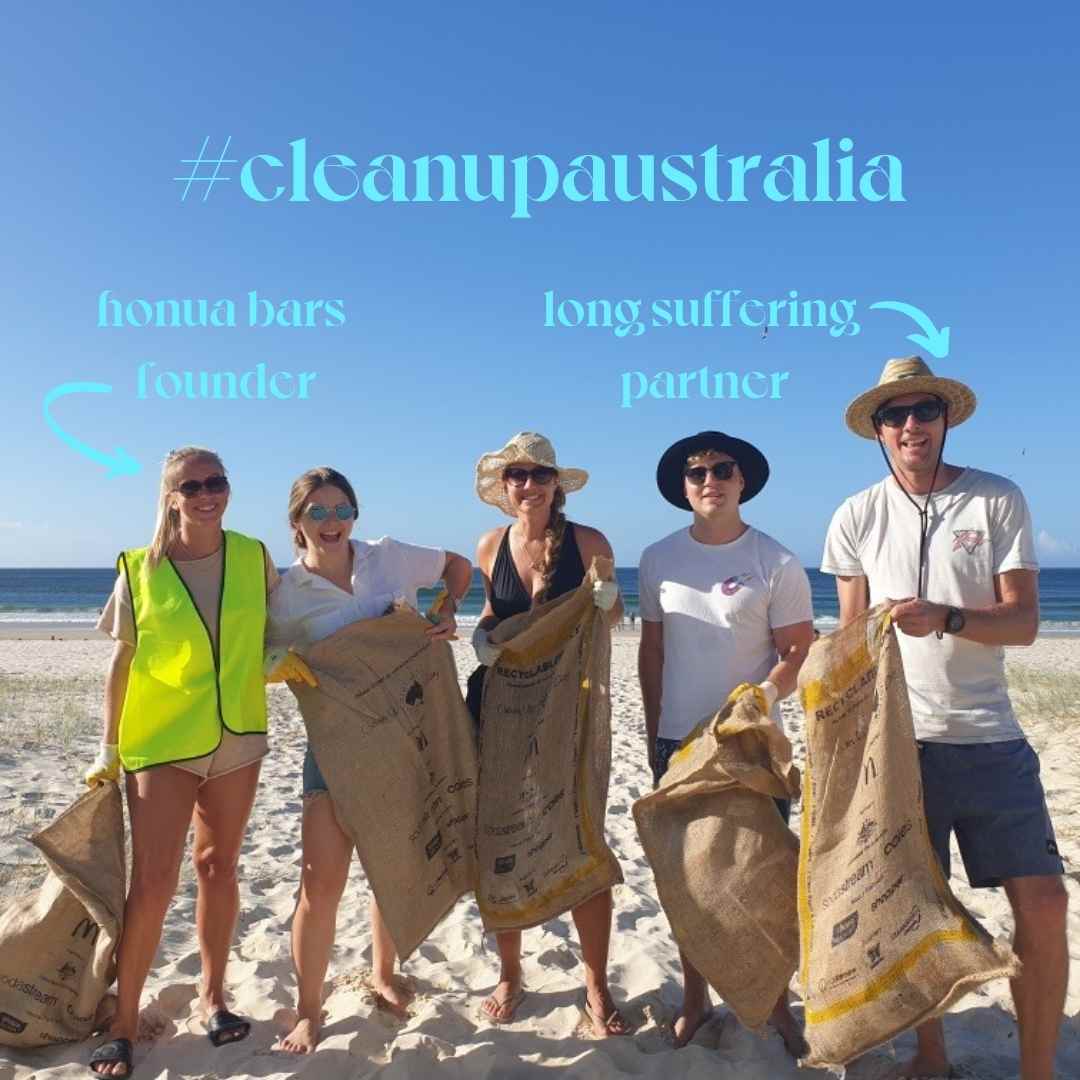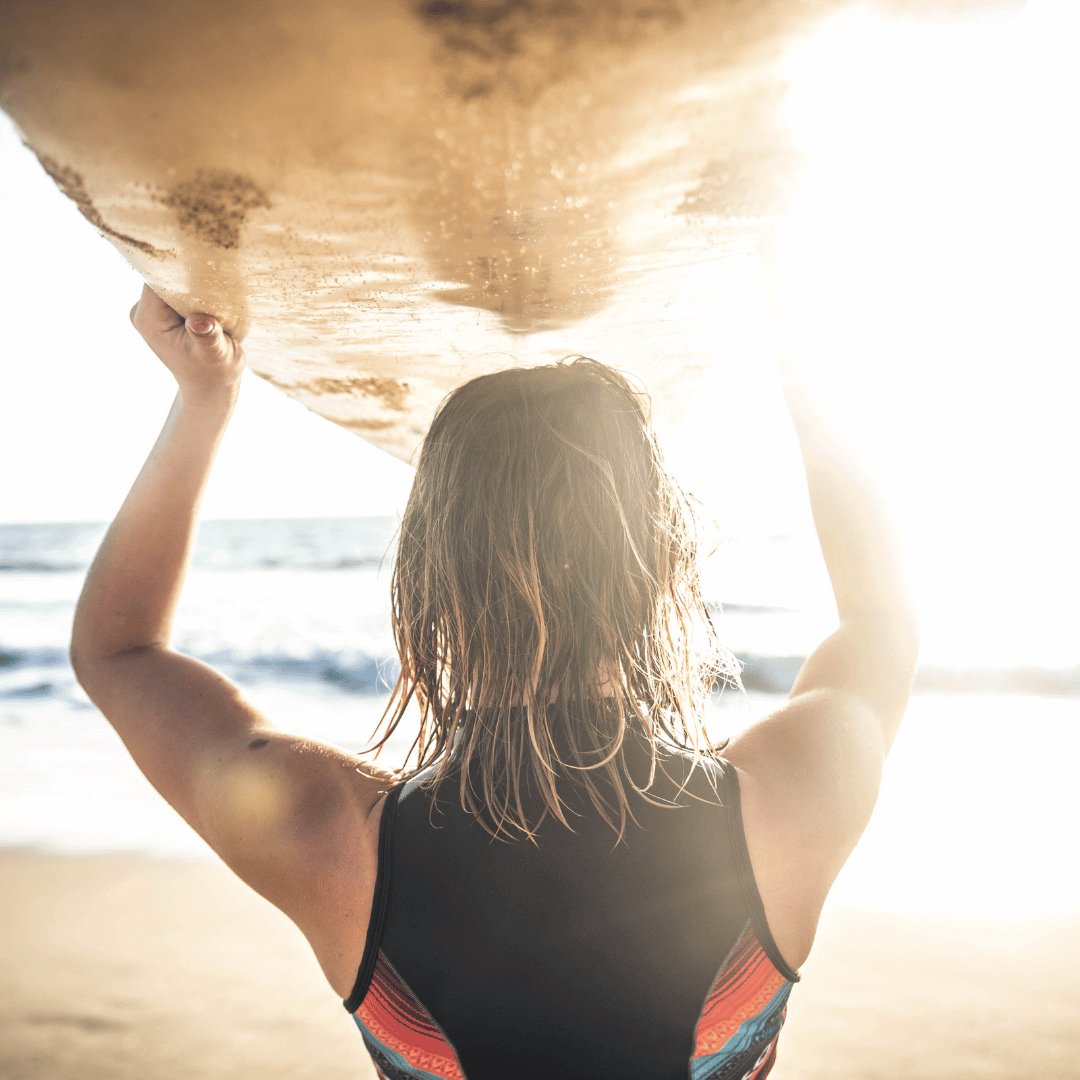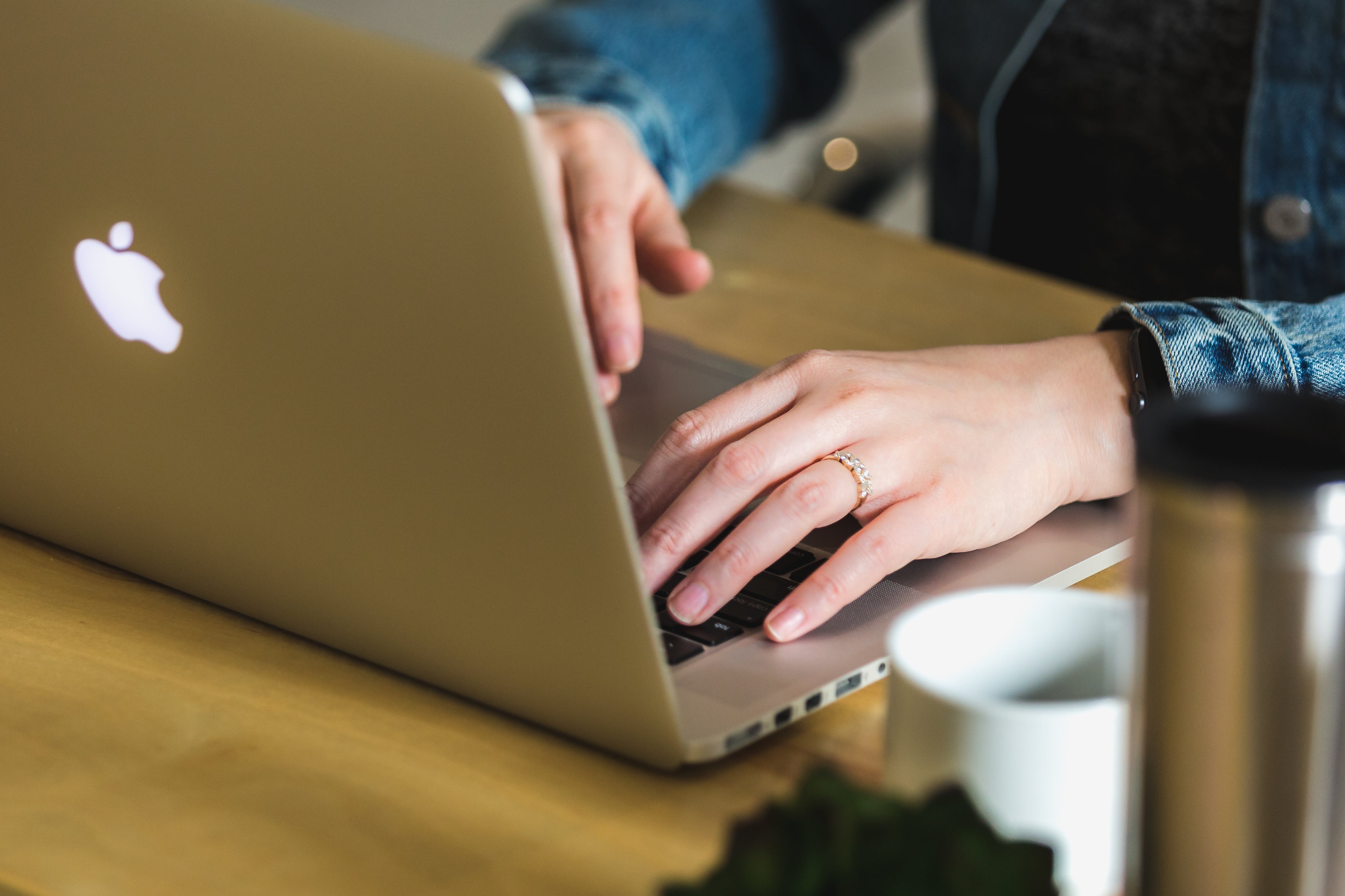
How to Tackle Microplastics
What is microplastic?
Microplastics are plastic pieces that measure less than five millimetres.
Some microplastics have been made small intentionally, for example microbeads in facial scrubs. Others have formed by breaking away from larger plastics such as carrier bags which have fragmented over time. They've even been found in places we previously thought were pristine, like the Arctic.
Microplastics can enter the water system from either land based run-off or wastewater overflow. This includes landfill, debris from tyre wear, microplastic fibres released when washing synthetic clothes or breakdown of larger plastics in river catchments.
Here are our top 3 ways you can help tackle microplastics at an individual level:
1. Tackling Microfibres in the Washing Machine
A lot of the clothes we wear are made of plastics such as polyester, nylon and acrylic. Every time we wash our clothes in the washing machine, millions of microfibres are shed which pass through washing machine filters and water treatment plants, and ends up in rivers and oceans. When in water, plastic acts like a sponge and absorbs chemicals. Many of those fibres are consumed by animals at the bottom of the food chain, such as plankton and mussels.
To combat this you can:
- Do laundry less often.
- Wash full loads.
- Avoid delicates settings on your machine.
- Line-dry your clothes when possible.
- Consider installing a filter on your washing machine or using a laundry bag or laundry ball (like Guppyfriend bags or Cora Ball)
- When it’s time to buy a new washing machine, opt for a front-loading model.
Buy your Cora Ball here: https://www.baroku.com.au/product-page/cora-ball
(the official Cora Ball website doesn't ship to AU unfortunately)

2. Avoid Single Use Plastic
This includes food containers, plastic cutlery, straws, grocery bags and plastic wrap. Instead opt for bamboo cutlery, edible cutlery, cardboard straws, reusable bags and beeswax wraps. Some of our faves include:
Beeswax Wraps Australia: https://beeswaxwraps.com.au/
Incredible Eats's edible spoons, which come in both sweet and savoury: https://incredibleeats.com/

3. Avoid Microbeads
When you start to look carefully there are little plastic scrubbers found in plenty of beauty products—facial scrubs, toothpaste, body washes. Their tiny size allows them to slip through water-treatment plants and end up in the ocean. Unfortunately, they also look just like food to some marine animals, so opt for products with natural exfoliants, like oatmeal, walnut or coffee grounds instead. We love:
Sukin's Body Scrub with Coconut & Coffee: https://www.priceline.com.au/sukin-energising-body-scrub-with-coffee-coconut-200-ml
For more ways to save plastic and tackle microplastics, see the article linked below:
https://www.nrdc.org/stories/10-ways-reduce-plastic-pollution
And of course, our shampoo and conditioner bars will avoid unnecessary plastic bottles from entering landfill, so check out our range here!



